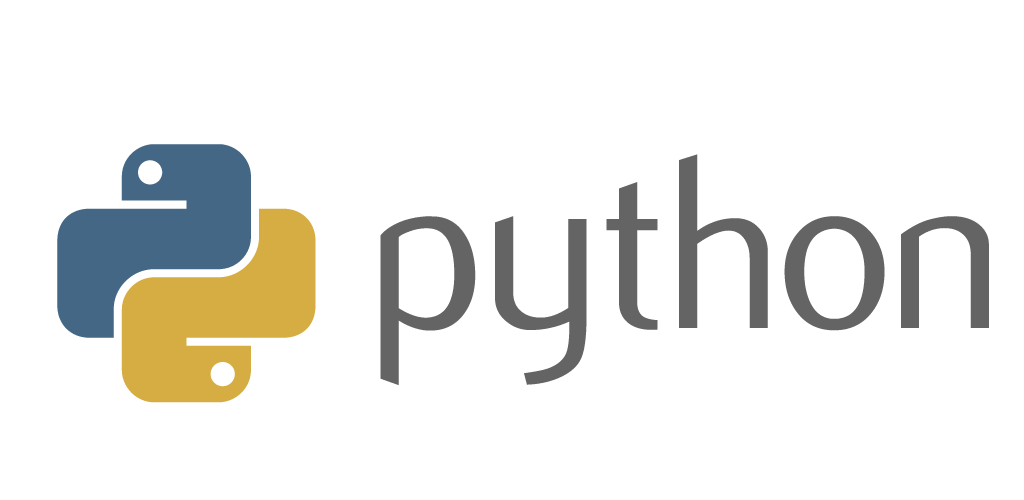
Style your data plots in Python with Pygal – An introduction one of the more stylish Python plotting libraries
- June 15, 2020
- 0
Python is full of libraries that can visualize data. One of the more interactive options comes from Pygal, which I consider the library for people who like things to look good. It generates beautiful SVG (Scalable Vector Graphics) files that users can interact with. SVG is a standard format for interactive graphics, and it can lead to rich user experiences with only a few lines of Python.
Shaun Taylor-Morgan
Using Pygal for stylish Python plots
In this introduction, we want to recreate this multi-bar plot, which represents the UK election results from 1966 to 2020:

Before we go further, note that you may need to tune your Python environment to get this code to run, including the following.
- Running a recent version of Python (instructions for Linux, Mac, and Windows)
- Verify you’re running a version of Python that works with these libraries
The data is available online and can be imported using pandas:
import pandas as pd df = pd.read_csv('https://anvil.works/blog/img/plotting-in-python/uk-election-results.csv')
Now we’re ready to go. The data looks like this:
year conservative labour liberal others 0 1966 253 364 12 1 1 1970 330 287 6 7 2 Feb 1974 297 301 14 18 .. ... ... ... ... ... 12 2015 330 232 8 80 13 2017 317 262 12 59 14 2019 365 202 11 72




